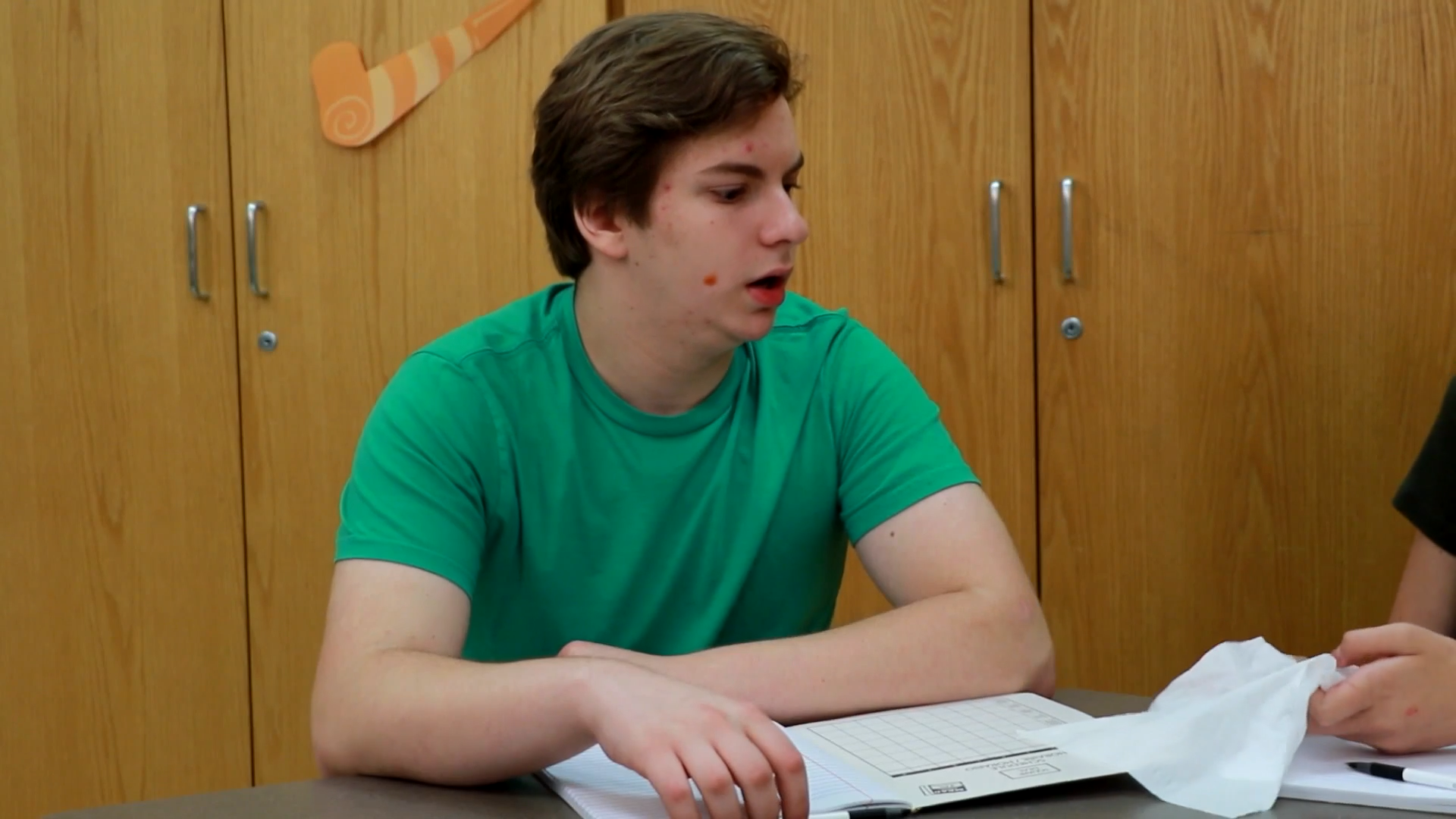Introduction
Embarrassment is a common emotion that everyone experiences at some point in their lives. For students in special education, managing embarrassment can be particularly challenging. By incorporating principles of Social-Emotional Learning, educators can help students develop strategies to cope with embarrassment and maintain a positive mindset. This blog post will discuss an easy-to-implement, no-prep activity, provide discussion questions, and mention related skills to help students manage embarrassment effectively.
No-Prep Activity
A simple, no-prep activity that educators can use to help students manage embarrassment is the “Embarrassment Role-Play.” This activity involves students taking turns acting out scenarios in which they experience an embarrassing situation and practice using positive self-talk to cope with their feelings.
- Divide the students into pairs or small groups.
- Provide each group with a list of common embarrassing situations, such as spilling a drink, tripping, or forgetting someone’s name.
- Have one student in each group act out the embarrassing situation while the other students observe.
- After the student has acted out the situation, encourage them to practice positive self-talk by repeating a phrase like, “It’s not a big deal,” or “I’m okay.”
- Have the other students in the group offer support and encouragement.
- Rotate roles until each student has had a chance to practice managing embarrassment.
This activity allows students to practice managing their emotions in a safe and supportive environment, helping them build resilience and confidence in dealing with real-life embarrassing situations.
Discussion Questions
Use the following questions to stimulate further discussion and reflection on managing embarrassment:
- Why do you think people feel embarrassed?
- What are some common situations that might cause someone to feel embarrassed?
- How do you usually react when you feel embarrassed? How does that affect you and those around you?
- What are some strategies you can use to cope with embarrassment? How can positive self-talk help?
- How can you support a friend or classmate who is feeling embarrassed?
Related Skills
Managing embarrassment is just one aspect of Social-Emotional Learning. Other related skills that can benefit students in special education include:
- Self-awareness: Recognizing and understanding one’s own emotions and how they affect behavior.
- Empathy: Understanding and sharing the feelings of others, and offering support when needed.
- Self-regulation: Managing one’s emotions, thoughts, and behaviors in different situations.
- Conflict resolution: Resolving disagreements or conflicts in a respectful and constructive manner.
- Resilience: Bouncing back from setbacks and maintaining a positive mindset.
Next Steps
Helping students in special education develop strategies to manage embarrassment is an important aspect of Social-Emotional Learning. To explore more activities and resources related to this skill and others, sign up for free samples of materials at Everyday Speech. By incorporating these resources into your teaching, you can support your students in building resilience, self-confidence, and a positive mindset.






